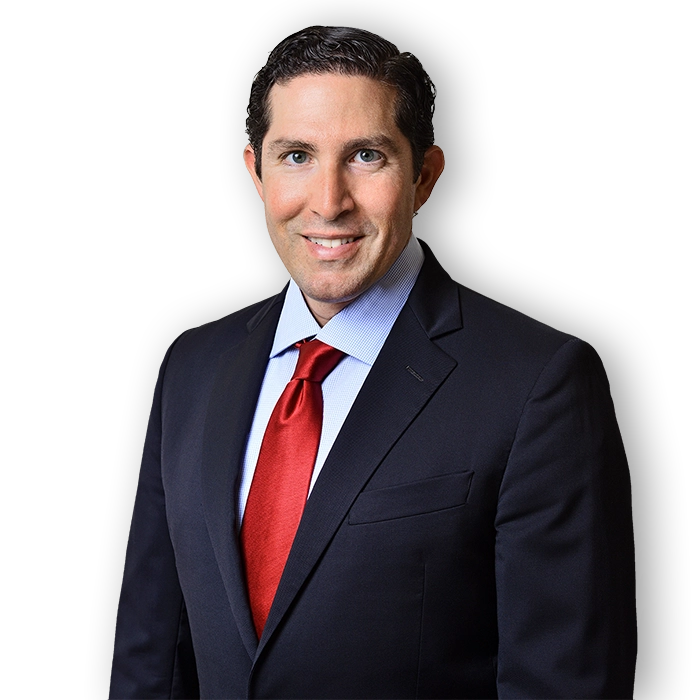A New Rush of Class Action Suits Attacking Hospital Emergency Room Level Charges

A new round of putative class action lawsuits brought by counsel for patients who received treatment in a hospital emergency room alleging that hospitals charge emergency room patients a hidden and undisclosed “surcharge” or “cover charge” on top of charges for services provided is hitting hospitals throughout California. These suits are the progeny of prior unsuccessful putative class action lawsuits brought by the same plaintiff’s counsel alleging that hospitals’ charges for emergency services are unreasonably high and that the financial arrangements provision within the Conditions of Admission agreement signed by the patients requiring payment of charges are improper and not enforceable.
In the past decade, Plaintiff’s counsel have brought a number of lawsuits in California (as well as in other states) challenging hospital emergency room charges. After failed attempts to sustain a cause of action for breach of contract and decertification of the class (see e.g., Hale v. Sharp Healthcare (2010) 183 Cal.App.4th 1373 and Hale v. Sharp Healthcare (2014) 232 Cal.App.4th 50), plaintiff’s counsel filed a round of lawsuits between 2013 and 2015 with modifications to the putative class definition and causes of action alleged. The 2013 through 2015 lawsuits sought to certify a class of self-pay patients who were charged for emergency room services at the hospitals’ Chargemaster rates.
Hooper, Lundy & Bookman, P.C. represented hospital defendants in a number of those lawsuits, and after years of motion practice and briefing, successfully prevented class certification in a number of those cases and secured published Court of Appeal opinions upholding trial court denials of class certification. (Kendall v. Scripps Health (2017) 16 Cal.App.5th 553 and Hefczyc v. Rady Children’s Hospital-San Diego (2017) 17 Cal.App.5th 518.)
After failing to certify a class in Kendall v. Scripps (San Diego Superior Court, Case No. 37-2013-00073680), plaintiff’s counsel tested its new emergency surcharge theory in the first (and currently only) of any of these emergency services cases to go to trial. At a jury trial, the jury found plaintiff’s surcharge theory unconvincing and found in favor of the hospital on all counts.
These new alleged class action lawsuits appear to be plaintiff’s counsel’s latest efforts to further test and refine their new theory premised on hospitals’ emergency room level charges. Although California law does not give every patient the right to have every individual charge specifically disclosed to him or her in advance of receiving a hospital bill (Nolte v. Cedars-Sinai Medical Center (2015) 236 Cal.App.4th 140), these new lawsuits allege that plaintiffs are entitled to a declaration that the hospitals’ practice of charging a “substantial, undisclosed surcharge” is not authorized by the hospitals’ Conditions of Admission. In addition to declaratory relief, these suits also allege causes of action for violations of the unfair business competition law and the Consumer Legal Remedies Act. Rather than trying to limit the class to self-pay, uninsured patients, where plaintiff’s counsel faced insurmountable ascertainability challenges for class certification, these new lawsuits have broadened the class definition to include any patient who was charged an emergency room charge.
We have experience in representing clients in all stages of litigation for these types of cases.
For more information please call Patric Hooper or Sansan Lin in Los Angeles at 310-551-8111, or Jennifer Hansen or Joseph LaMagna at 619-744-7300.

